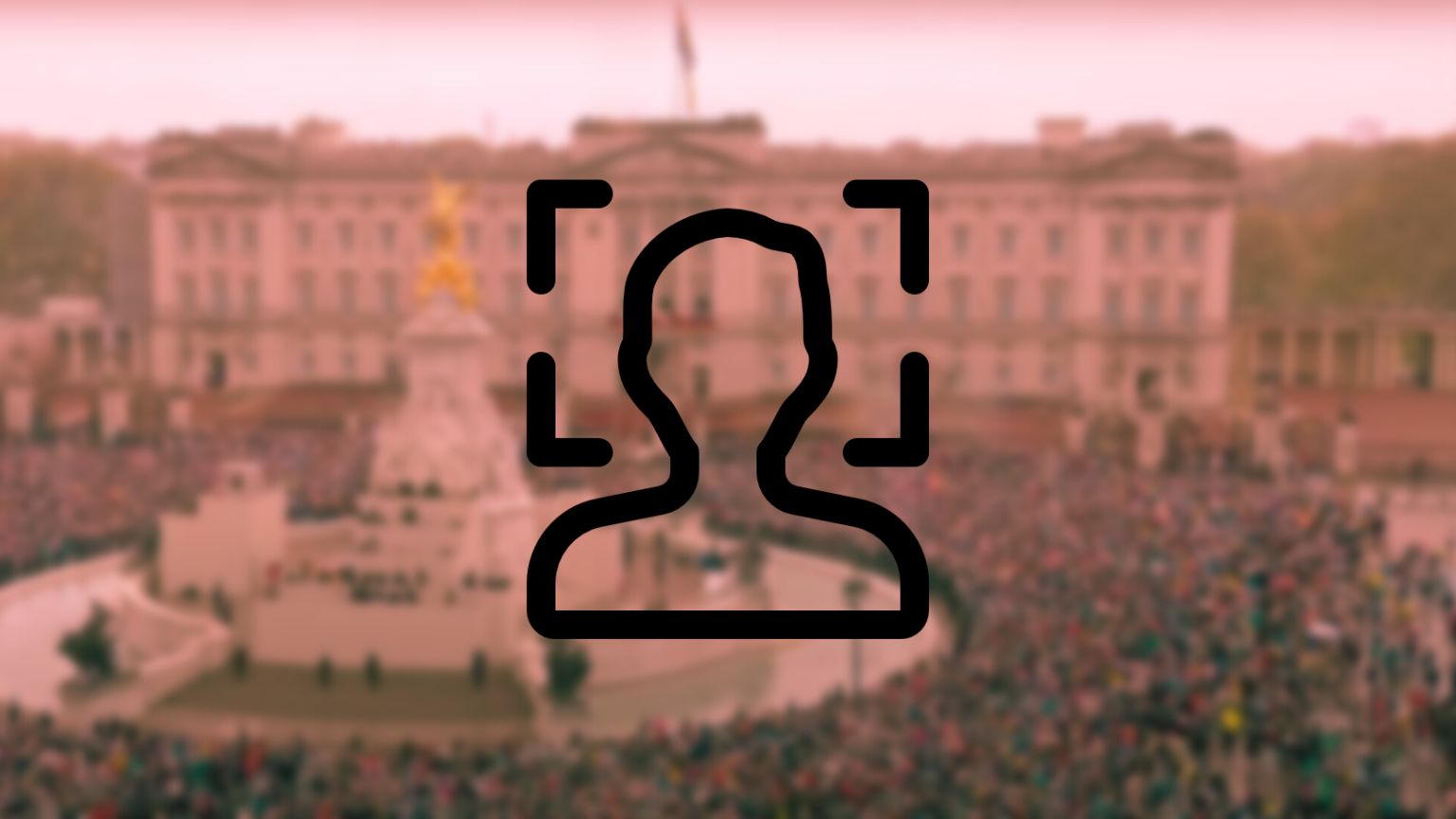The coronation is over – long live the coronation.
At least, when some of its more controversial – simply societal and political – consequences are concerned.
We’re talking technology, and how it was used when the UK formally got its new king. And what the consequences of the UK police wearing facial recognition devices on them, might spell out for the future.
There are two separate things to underline here: one, the tech is very controversial. Two – here’s one reason. The police invading the privacy of 136,000 punters (by scanning their faces) who gathered for the ceremony in London – only actually got one arrest. Out of the entire crowd.
Now, the question obviously becomes, how does this policy proceed? As far as those ministers currently making up the UK government, there’s no dilemma – facial recognition technology should from now on become a part and parcel of daily policing, by embedding appropriate tools into police officers’ uniforms.
That is how encouraged by the aforementioned results of the use of the tech during the high-profile ceremony those in charge – or with a high degree of influence on future policy, seem to have been.
But – really??
Thus far, in England, and Wales, live facial recognition was the thing the police turned to during “special ops” like providing security for the said coronation event, and worse still, from the perspective of potential security trouble – a football game.
But now, outlets like The Guardian cite officials as saying that the potential expansion is “very significant.”
These quotes came from the biometrics and surveillance camera commissioner (BSCC) of England and Wales, Fraser Sampson – and really, what country better to bring to life what George Orwell surely thought was fiction when he wrote it all those decades ago to life, than the UK, his home that the author as astute as he, must have known all too well.
“The Orwellian concerns of people, the ability of the state to watch every move, is very real,” said Sampson.
Never mind the “Orwellian concerns of people” – how about debating the “Orwellian intent of the government”?
Sampson got a glimpse in a document which, among other things, revealed that “embed[ing] facial recognition technology in policing is considering what more the government can do to support the police on this. Such embedding is extremely likely to include exploring the integration of this technology with police body-worn video.”
As to what all this would exactly mean for society, here are some more quotes from Sampson:
“A camera on an officer walking down the street could check the faces against a watchlist of suspects. They could check hundreds if not thousands of people while on duty (…) The technology will be capable of doing many things, not all of which the public would want. In China, the algorithm can pick up ethnicity (…) It will be able to estimate age; some manufacturers claim it can estimate someone’s mood or state of anxiety.”
George Orwell – accept our congratulations or condolences – but your own country seems to have lived up to your worst fears.













